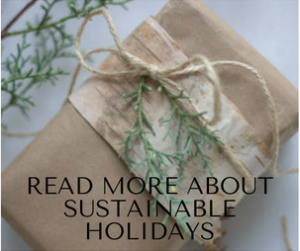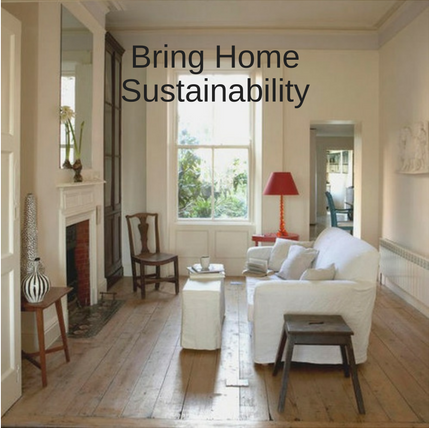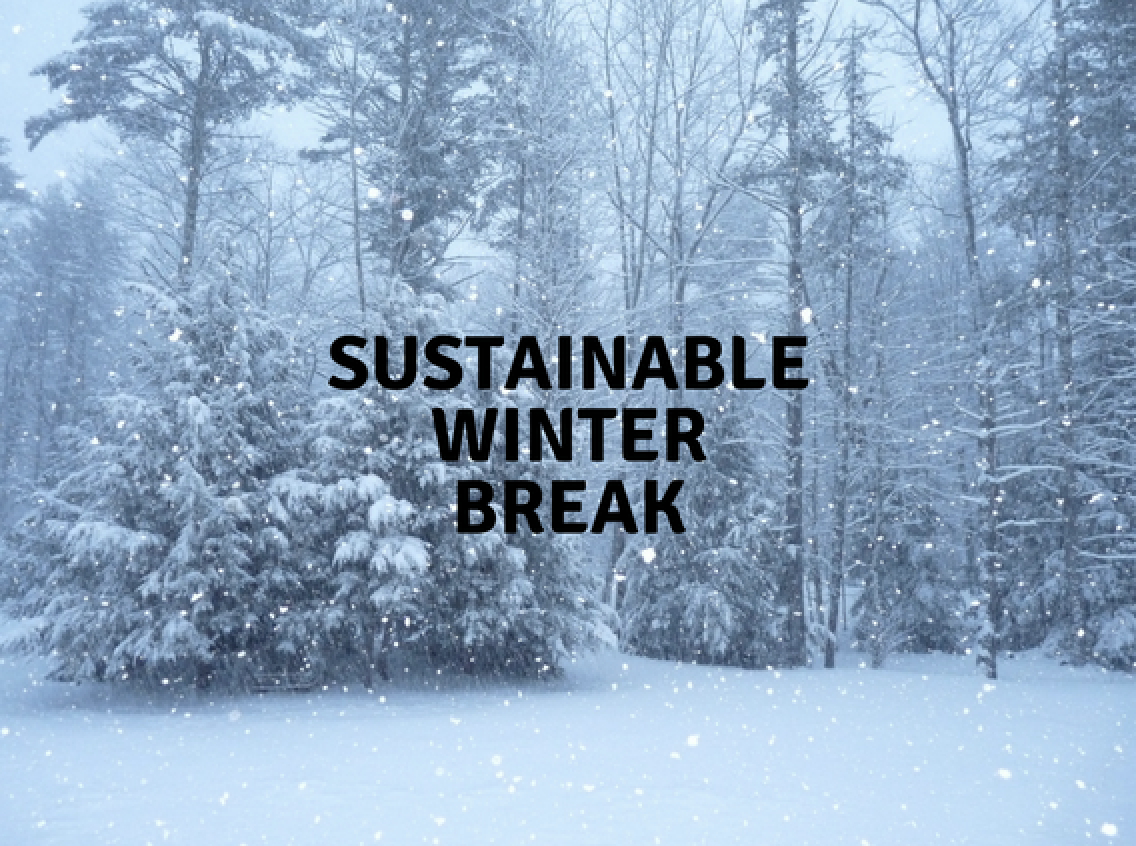Congratulations, you finished the semester! You’re done with finals and are heading home for winter break. We know that before you left campus, you made sure to unplug all of your electronics, turn the heat down to 1, and close all of your windows.
You’re officially ready to leave for break, but don’t forget about sustainability while you’re at home. While at school, we are often shielded from a lot of the waste that is created on our behalf. In the dining halls, we often don’t see all of the packaging that goes into food production and all of the food waste at the end of meals. At home, we can be more aware of the waste we produce.
How to bring sustainability home with you:
Remember to recycle!
At home, it can be easy to put all waste into the trash bin. So, remember all of the good recycling habits that you learned at Tufts and bring them home with you. Always sort your waste into bins destined for the landfill or recycling.
Care to compost!
At Tufts, the Eco-Reps take out compost from the dorms, but at home, there might not be a city-wide composting program. If you don’t, talk to your family starting your own compost pile at home. When food waste is sent to the landfill, it releases methane gas. When food waste is recycled to form fertile soil. Learn more about how to create a compost at home from the EPA.
Reduce your food waste.
Holiday meals are notorious for their large spreads of food. Make sure you eat what you can and that you save any leftovers. Read more tips for a sustainable, food-centric holiday from our Thanksgiving blog.
Think before you buy!
Have you ever thought about how much energy, labor, water, and raw materials go into everything that you buy? Before buying new, try reusing what you already have, or buy used and save money. Watch The Story of Stuff to learn more about the life cycle of some of our most used goods.
Be wary of plastic packaging!
Plastic film cannot be recycled and is used in many single-use items. Before you buy something in plastic wrapping, try looking for a bulk size to cut down on packaging waste or find a similar item that’s not wrapped in plastic.
Make sustainability your New Year’s resolution!
In 2018, commit to being more sustainable and taking steps to reduce your environmental impact. Read some great tips for how to live more sustainably from the Center for Biological Diversity.
Bring on the sweater weather!
Put on a sweater before turning up the heat. Save energy in your home by keeping the temperature down, and if you get chilly, then put on a sweater and some cozy socks before turning up the heat.
Connect and engage!
Being home is a great time to reconnect with your family, friends, and community. Share your passion for sustainability with your communities at home. Here are some tips for .
Enjoy your time off from lectures, exams, and projects, but don’t forget about your environmental impact and responsibilities. Enjoy a restful and sustainable winter break!






Find Us On Social Media!